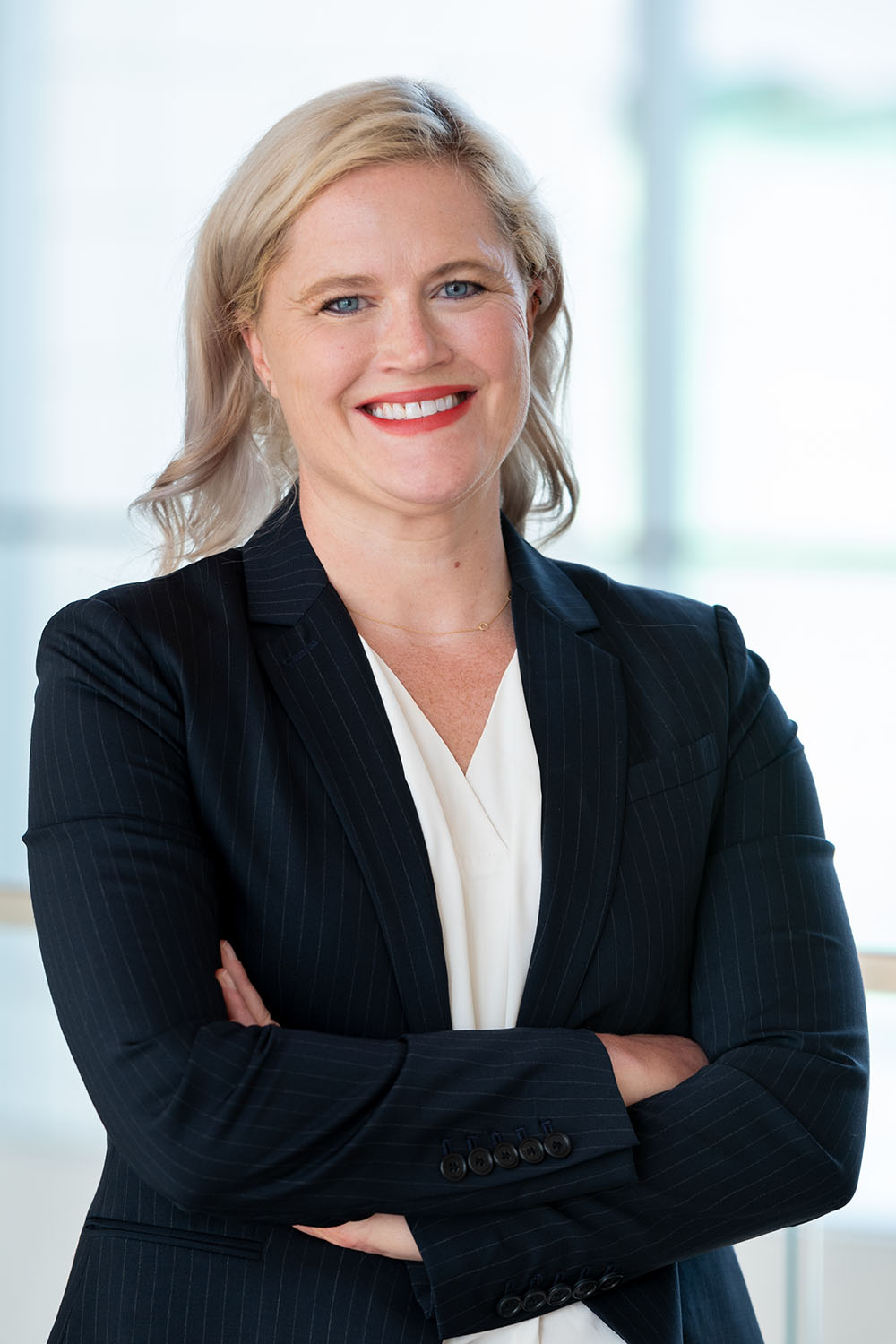Bioengineer Seeks Deeper Understanding of Immune Cell Dynamics
By: Ben Porter | Oct. 20, 2023

Dr. Caroline Jones, assistant professor of bioengineering at The University of Texas at Dallas, received a National Science Foundation Faculty Early Career Development Program (CAREER) award to continue her research exploring the body’s reaction to disease.
One of the body’s first lines of defense against viral and bacterial infections are white blood cells, which travel to the infected area and release cytokines to combat the cellular invaders. Although this inflammatory reaction helps to fight the disease, the response can also damage healthy tissues and organs if not turned off at the right time. Jones’ CAREER award, bestowed by the Engineering of Biomedical Systems within the Division of Chemical, Bioengineering, Environmental, and Transport Systems program, provides approximately $500,000 over five years to investigate those responses.
In her research, Jones creates cell cultures in microenvironments to observe how neutrophils, a type of anti-inflammatory cell, behave in different tissues. Insights from these studies could lead to the development of mathematical models capable of predicting immune reactions, including potentially harmful inflammation.
Jones described her work as a fusion of engineering and translational medicine.
“We are utilizing methodologies from the semiconductor sector to construct microphysiological systems that mimic the body’s immune responses,” she said.
“We will take microfluidic devices built here in the cleanroom at UT Dallas … and see if we can use them to predict patient outcomes after surgery.”
Dr. Caroline Jones, assistant professor of bioengineering in the Erik Jonsson School of Engineering and Computer Science
Jones will collaborate with colleagues at UT Southwestern Medical Center to access live samples from specific patient groups, including pediatric cardiac bypass patients. She will be part of the initial group of UT Dallas researchers to have lab space in the new Texas Instruments Biomedical Engineering and Sciences Building.
“We will take microfluidic devices built here in the clean room at UT Dallas using basic engineering concepts and see if we can use them to predict patient outcomes after surgery,” Jones said. “Once we unravel that mechanism, then we can also use the system to test treatments to tune the function of the immune system and protect us from cellular invaders while not attacking healthy cells.”
In addition to her medical research, Jones is collaborating with Dr. Roger Malina, professor of arts and technology and of physics and the Arts, Humanities, and Technology Distinguished Chair at UT Dallas, and Kennesaw State University’s Dr. Lei Zhang to make her research more accessible and encourage high school students to pursue careers in science, technology, engineering and mathematics.
Students participating in the UTDesign Senior Capstone Program, under the guidance of Dr. Todd Polk, associate professor of practice and UTDesign director for bioengineering, will collaborate to integrate haptic technology and virtual reality-based digital data. This initiative aims to offer high school students an immersive and interactive experience while enhancing their understanding of the immune system.
“Instead of reading about cell biology in a textbook with complex jargon, students can use virtual reality to explore the body and experience how immune responses occur,” she said.
Media Contact: The Office of Communications and Marketing, or the Office of Media Relations, UT Dallas, (972) 883-2155, newscenter@utdallas.edu.





